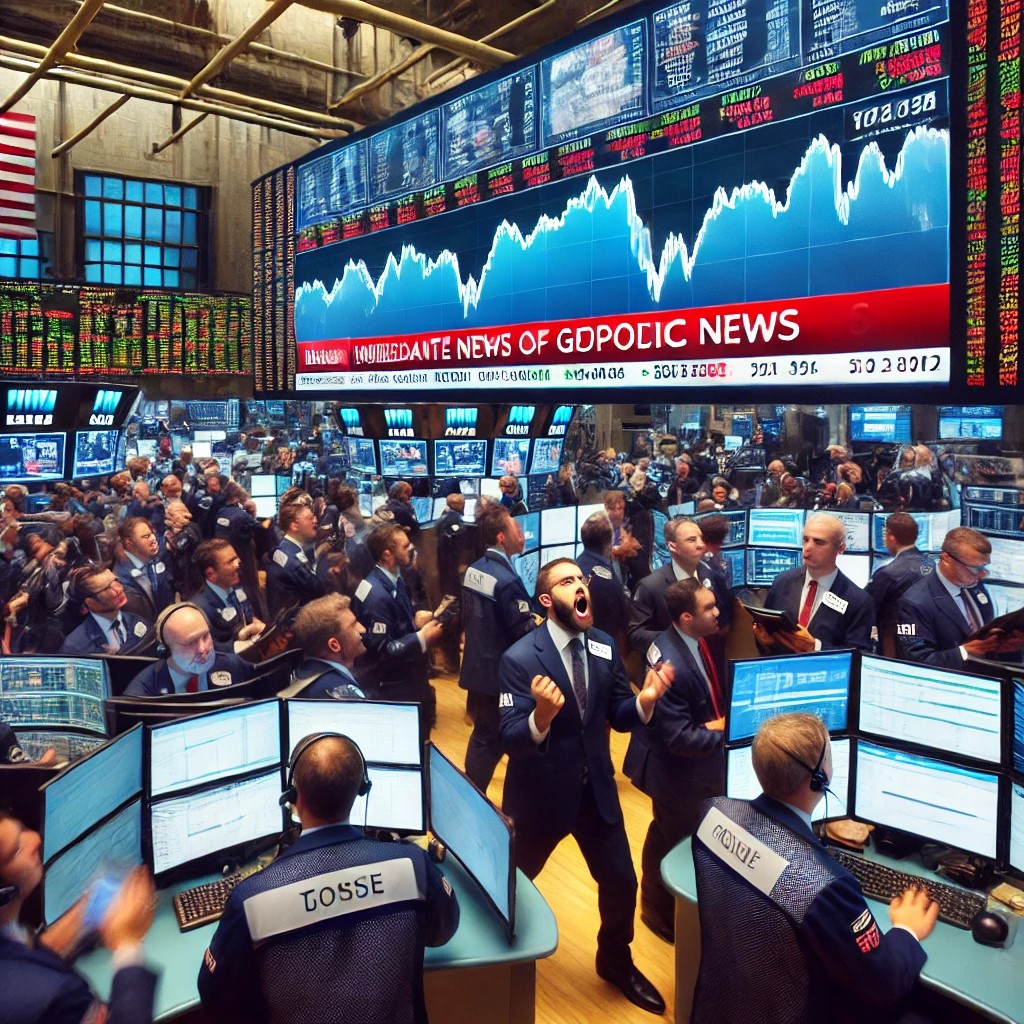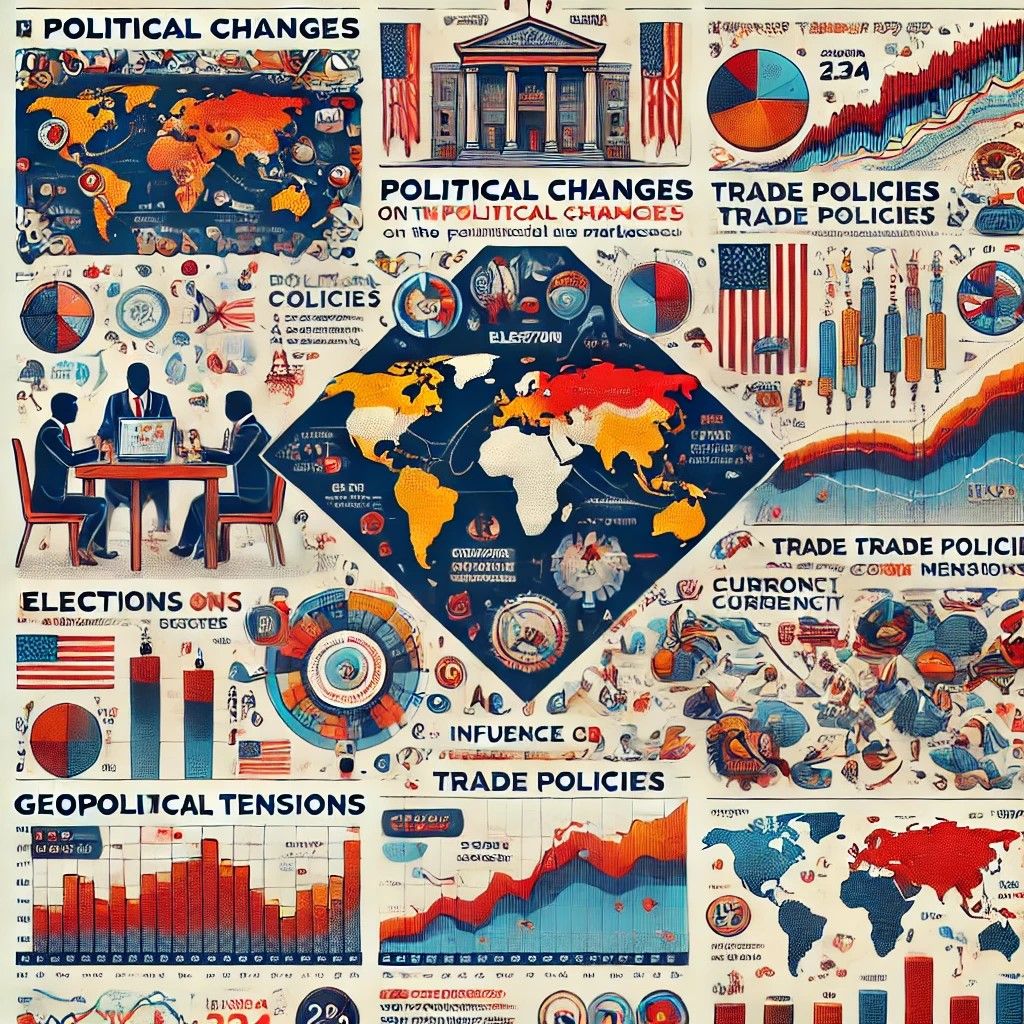Political changes can significantly impact financial markets, influencing investor sentiment, regulatory environments, and economic policies. From elections and policy shifts to geopolitical conflicts and treaties, the interplay between politics and finance is profound and complex. This article explores how political changes affect financial markets, examines current trends, and discusses potential future developments.

Understanding the Impact of Political Changes
Political events can lead to immediate and long-term impacts on financial markets. For example, the election of a new government might lead to changes in fiscal policy, affecting taxation, government spending, and public debt. Similarly, geopolitical tensions can create uncertainty, often causing volatility in global markets. Investors typically react to political news by adjusting their asset allocations to hedge against potential risks or capitalize on emerging opportunities.

Current Trends Influencing Financial Markets
Increased Volatility: In recent years, political events like Brexit, the U.S.-China trade war, and elections in major economies have led to increased market volatility. Financial markets react swiftly to political news, reflecting the global investment community's sensitivity to changes in political stability and government policies.
Impact on Currency Markets: Political stability or instability can significantly affect a country's currency value. For instance, political unrest can lead to a depreciation in the national currency, while stable and growth-focused governance can strengthen a currency.
Regulatory Changes: Political shifts often bring about regulatory changes, impacting sectors such as banking, energy, healthcare, and technology. For example, a new administration with an environmental focus might impose stricter regulations on pollution, affecting industries like manufacturing and energy.
Strategies for Managing Political Risk in Investment Portfolios
Diversification: One of the most effective strategies to manage political risk is diversification—both geographically and across asset classes. This approach helps mitigate the impact of any single political event on the overall portfolio.
Hedging Strategies: Investors can use various financial instruments, such as options and futures, to hedge against potential losses caused by political instability.
Staying Informed: Keeping abreast of global political developments can help investors anticipate potential market movements and adjust their strategies accordingly.

Future Predictions: Politics and Financial Markets
Increased Global Interdependence: As economies become more interconnected, the impact of political events in one country can have far-reaching effects across global markets. This interdependence is likely to increase, highlighting the need for investors to monitor international political developments closely.
Rise of Political Risk Analysis: The growing impact of politics on financial markets will likely lead to a higher demand for political risk analysis. This specialized field helps businesses and investors understand and manage the risks associated with political developments.
Conclusion
The relationship between political changes and financial markets is dynamic and multifaceted. As the global political scene evolves, so too will the strategies needed to manage market risks associated with these changes. By staying informed and flexible, investors can navigate the uncertainties of political developments and their effects on financial markets, positioning their portfolios to manage risks and capture opportunities as they arise.


